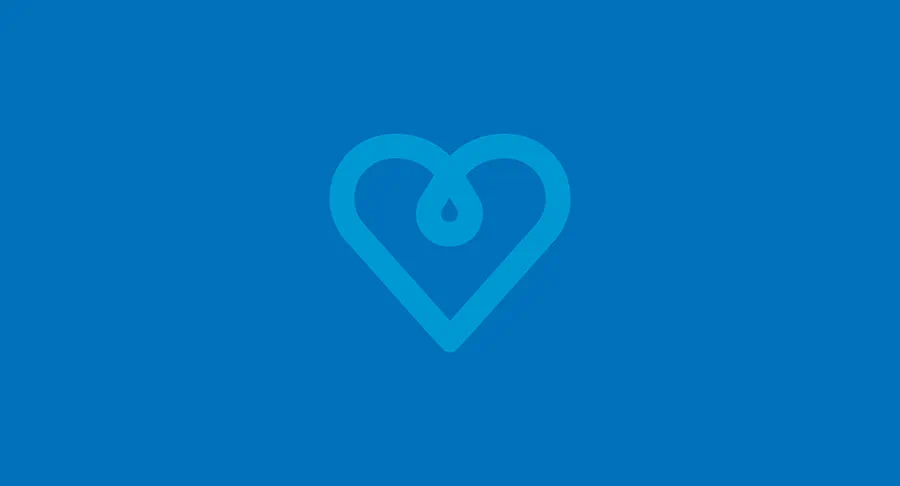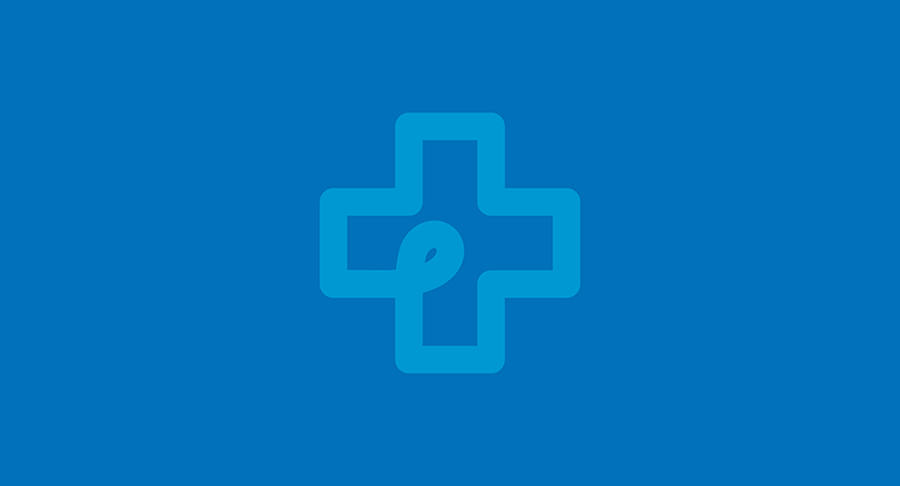
Move Your Butt.
Get screened for colorectal cancer.
Let's save lives, one screening test at a time
The importance of colorectal cancer screening
Colorectal cancer is the 2nd deadliest cancer in Quebec. However, there is a screening test that can detect it early and even prevent it in some cases. The earlier colorectal cancer is detected, the better the chances of treatment and survival.
Given that this type of cancer often leaves traces of blood in the stool (poop) that are invisible to the naked eye, this at-home test involves collecting a very small stool sample that is later analyzed in the laboratory.
The test is free, simple, painless, and takes less than two minutes to complete in the comfort of your own home.

More accessible than ever before
You can book an appointment on Clic Santé (a service free of charge) to get the colorectal cancer screening test. You can also get a prescription through a doctor or a specialized nurse practitioner (SNP), then pick up the test at a local point of service. It should be noted that certain eligibility criteria apply in order to obtain this screening test.
It’s essential to take action and take the colorectal screening test every 2 years. More than 90% of cancer cases occur after the age of 50.
Early detection could save your life!

A few statistics

Diagnosed

Colorectal cancer cases

Treated in 90% of cases
Move Your Butt, get screened for colorectal cancer
If you’re between the ages of 50 and 74, it’s recommended to take the colorectal screening test (FIT) every two years, even if you don’t have symptoms or aren’t at high risk for colorectal cancer. And it’s even more important for those with a family history to take the test.
How to get the test?
- You can book an appointment on Clic Santé or speak to a family doctor or specialized nurse practitioner.
- Medical monitoring is provided, even without a family doctor or specialized nurse practitioner.
- This service is free.
- You can directly access the colorectal cancer screening test at local points of service (i.e. specimen collection, screening and vaccination centres).

Your trusted source for accurate cancer information
With support from readers like you, we can continue to provide the highest quality cancer information for over 100 types of cancer.
We’re here to ensure easy access to accurate cancer information for you and the millions of people who visit this website every year. But we can’t do it alone.
Every donation helps fund reliable cancer information, compassionate support services and the most promising research. Please give today because every contribution counts. Thank you.


